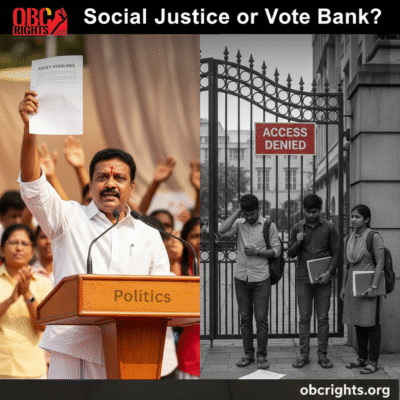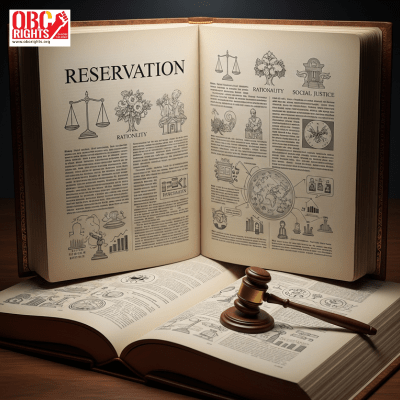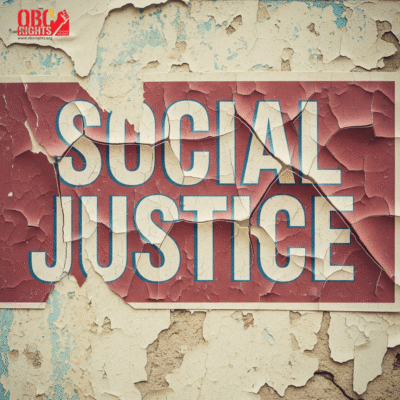Published – September 12, 2025
In India, reservations have always been debated but not fully implemented. Some see it as a way to correct inequality, while others view it as politics. In 2025, the question is sharper than ever: is reservation about Social Justice or only a tool to win elections? To answer this, we need to look at how reservations started, how it is used in politics, and what it mean for OBC communities today.
Social Justice and the Purpose of the Reservation
The idea of reservation was linked to fairness. The aim was to provide opportunities in education and jobs for those left out for centuries. Social Justice was about giving equal chances, not about charity. When the Mandal Commission brought changes in the 1990s, it was seen as a turning point. Millions of OBC families gained access to schools, colleges, and government jobs.
But three decades later, many feel the original purpose has been systematically diluted. Instead of focusing only on equality, reservation is often used in political campaigns.
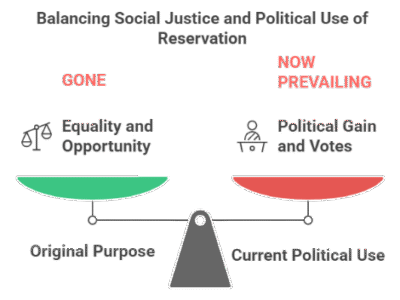
OBC Reservation and Vote Bank Politics
OBC Reservation now plays a major role in elections. Almost every political party tries to present itself as a protector of the backward classes. Promises of new quotas, caste surveys, or private sector jobs often appear just before voting season. This pattern raises doubts. Are these steps real efforts to support OBC communities, or are they strategies to secure votes?
The demand for a nationwide caste census is a good example. Supporters argue it will bring clarity and fairness. Critics say it is mainly about creating new voter blocs. The truth may lie somewhere in between.
Reality on the Ground
Despite decades of reservation, many challenges remain. In education, dropout rates among OBC students are still high. Financial struggles, lack of proper guidance, and unequal access to resources play a big role. In employment, OBCs are better represented than before, but top posts in bureaucracy and judiciary remain dominated by upper castes. OBCs are always subordinate.
These gaps show that reservations alone cannot solve deep problems. Without better infrastructure, scholarships, and support systems, the benefits stay limited. This is why many argue that the debate should not stop at quotas but move toward wider reforms.
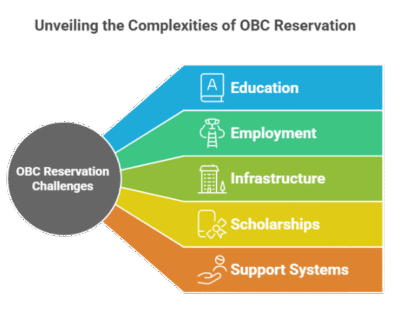
The Way Forward
The future requires looking at the OBC Reservation beyond politics. Data from caste surveys must be used to design fair and lasting policies. Steps like expanding scholarships, ensuring skill development, and including OBCs in private sector jobs can make a real difference. Providing access to quality education in the best institutions like IITs, NIITs, and IIMs is the need of the hour.
Reservation should not be reduced to a political slogan. If used wisely, it can continue to be a powerful tool for the development of the whole nation.
Beyond Votes: What OBCs Truly Need
The debate of Social Justice or Vote Bank is likely to continue. For politicians, OBCs remain an important vote bank. But for the community, reservation is not just about votes—it is about life dignity, opportunity, and fairness. The real test lies in whether leaders treat it as a political tool or as a commitment to ensure real social justice.

